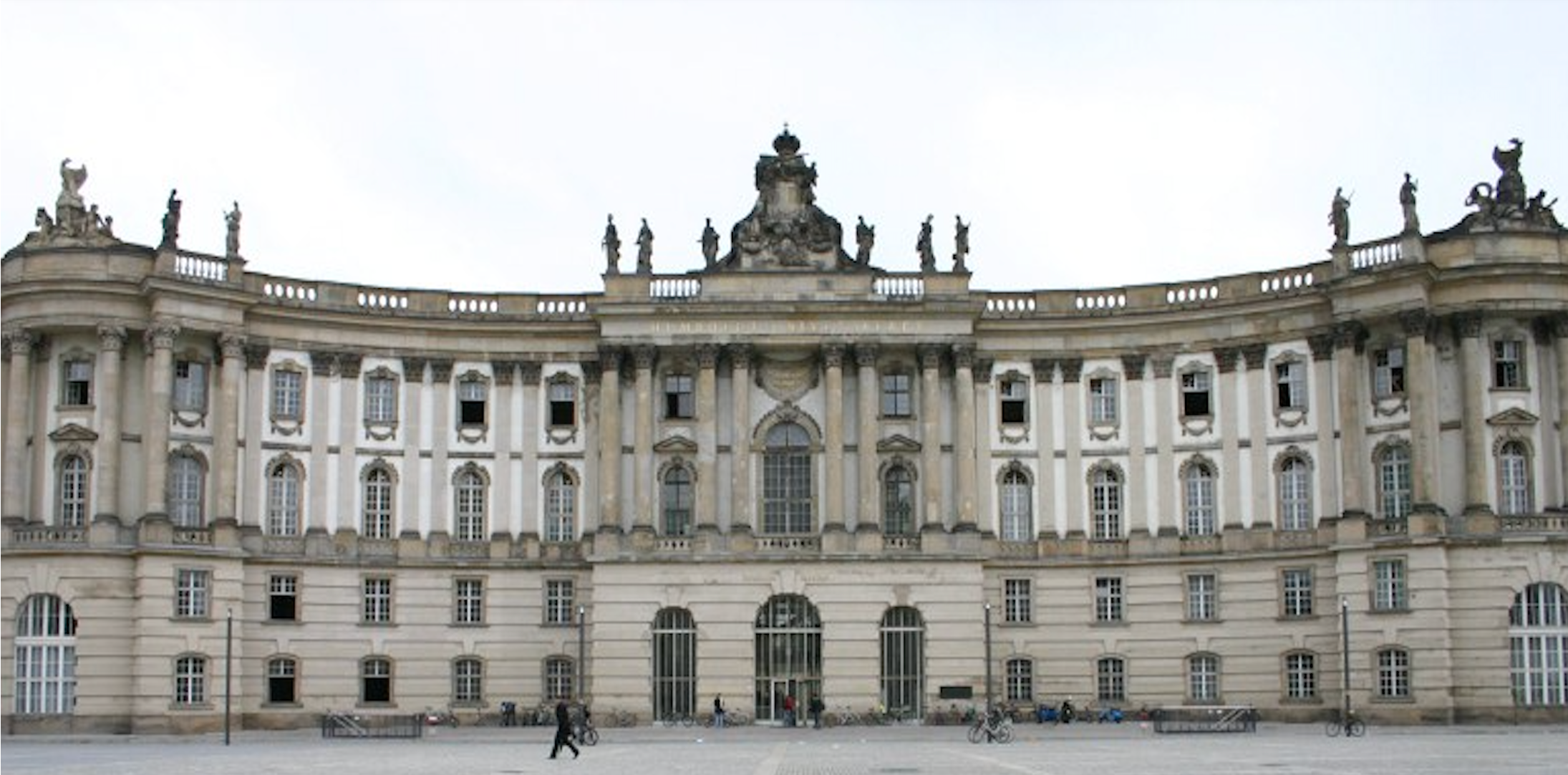Dr. Antonida Netzer on "DIS Arbitration: Sports Arbitration"
During our LL.M. International Dispute Resolution program, we were given, the unique opportunity to attend a two-lecture workshop in “DIS Arbitration: Sports Arbitration” presented by Dr. Antonida Netzer, a senior counsel of the German Arbitration Institute (DIS).
Sports Arbitration constitutes a specialized mechanism for resolving sports disputes. It ensures that disputes are handled efficiently while respecting the unique elements of sports and the applicable legal framework. “Sports law” encompasses general legal principles and specific rules derived from sports norms (lex sportiva) adopted by independent regulatory organizations. These rules regulate fair play, eligibility, and doping regulations. Sports arbitration uniquely balances legal principles with the nuances of sporting competition, ensuring fast, fair decisions that protect the essence of sport. It ensures that disputes are resolved within a framework that respects sports law and international standards. One core principle of the aforementioned “Rules of Sport” and sports arbitration is the field-of-play doctrine, which limits interference with decision-making during competitions unless there are serious violations of the rules or fairness.
Important institutions such as the Court of Arbitration for Sport (CAS) facilitate arbitration proceedings and appeals upon previous decisions of self-regulatory governing bodies in each sport –like FIFA implementing, for example, theexclusion of a football club from a specific competition-. As a quasi-judicial body for resolving disputes worldwide, CAS emphasizes fast and impartial decisions, which are essential to maintaining the integrity of sports competitions. In Germany, the German Court of Arbitration for Sport (DIS), a joint venture between the German Arbitration Institute (DIS) and the World Anti-Doping Agency (WADA), plays a central role in both national and international sports disputes. These institutions provide mechanisms to resolve conflicts ranging from contract disputes to doping cases.
Having said that, Doping is considered an ongoing issue in the sports world and is governed by strong frameworks such as the WADA Anti-Doping Code, which was widely acknowledged and adopted by the 2005 UNESCO International Anti-Doping Convention. Famous cases such as the Pechstein Saga highlight the specificity of sports arbitration, including debates on athlete rights and procedural transparency.
- Ioannis Levantakis, IDR LL.M. Candidate, Class of 2024/2025
